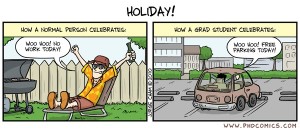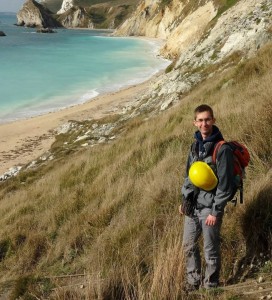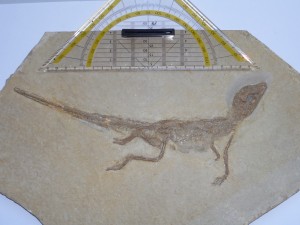Inspired by Martin Eve (link), I decided to make a documentation of academic-related stuff I’ve achieved in 2013. The last year was mostly occupado by the first year of my PhD, but other academic-ish stuff too as complimentary activities to research. This is kinda like a personal diary of ‘achievements’, as well as a documentation of the extent of work-procrastination. As such, please feel free not to share this with my supervisor 😉
The 12 days of PhD Christmas
Twelve Dinners Delivered (to the lab)
Eleven Papers Prepping
Ten Bugs-a-Bugging
Nine Ladies Dancing (but not with you)
Eight Bunsens-a-Burnin’
Seven Dance Solos
Six Words a Minute
Fiiive Grants Rejected
Four Calling Mates (“I’m busy“)
Three Absent Supervisors
Two Days off a Year (maybe)
And a h-index of nooought.

(source)
Merry Christmas everyone!
I need your clothes, your boots, and your copyright.
 James Lewis is a PhD student at Imperial College London in the field of Planetary Geochemistry. When not blowing up gas cylinders, or hunting for jarosite, he can be found wandering the streets of London as an amateur photographer. James also suffers from Thesisitis, a common condition among third-year PhD students. He can be found on Twitter as @jmtlewis.
James Lewis is a PhD student at Imperial College London in the field of Planetary Geochemistry. When not blowing up gas cylinders, or hunting for jarosite, he can be found wandering the streets of London as an amateur photographer. James also suffers from Thesisitis, a common condition among third-year PhD students. He can be found on Twitter as @jmtlewis.
When I was applying for PhD projects two and a half years ago I found it slightly frustrating that no one could give me a definitive description of what a PhD is like. There was no single answer as to what the challenges would be or the timescale at which practical work and writing up would play out or what was expected of me. Now that I’ve just become a third year student I’ve come to realise that there’s a reason for this. A PhD project has so many variables: the nature of your supervisor; the department; lab work; field work; modelling, and so on. New postgraduate research students can’t be given a rigid road map for their entire project because generally in the space of a few weeks or months things will change so much that the original plans will be almost meaningless. If you’re just starting out with your project don’t let this scare you but embrace the fluidity of academic research. While it’s important not to stray too far from your core project aims some of the most interesting and publishable work comes about when people explore why something didn’t work or following up an unanswered question identified through reviewing the literature.
Green tea and Velociraptors turns into beer and dwarf crocodiles
I’m in Berlin. I’ve just managed to find a chicken donner kebab, and am pausing research briefly to write this. I’m currently on leave from London, with a ridiculously hectic couple of months ahead: I’ve just been to Munich to see a dwarf crocodile specimen, Alligatorellus beaumonti (from Bavaria), which conveniently happened to coincide with Oktoberfest, and am now here to visit another specimen, Theriosuchus ibericus, from Spain. Preliminary glances at the material in Berlin makes me think the Spanish material may be a new genus altogether (whatever that actually means), and another broken up specimen of Alligatorellus might be a new species, based on what I can tell from it’s body armour (yeah, these crocs were awesome!)

